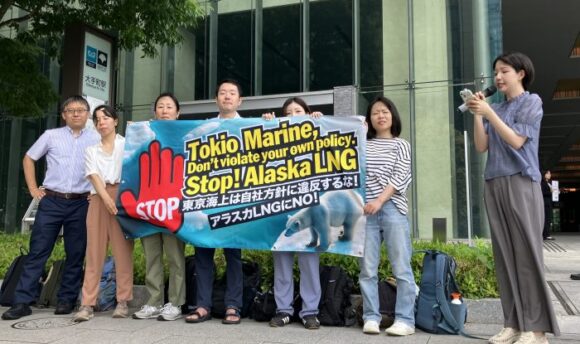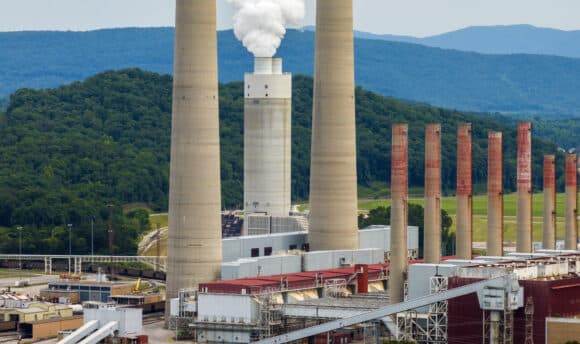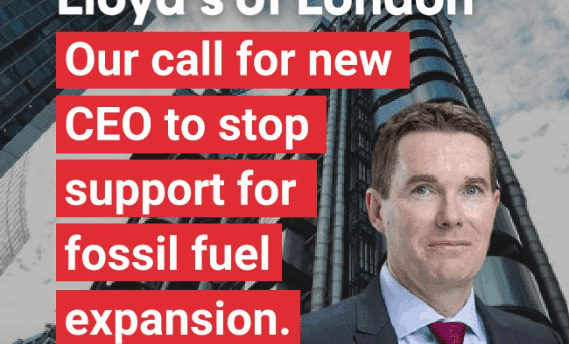Today, Japan’s Tokio Marine, one of the world’s top-10 coal insurers, published a position on coal as part of a climate strategy. Tokio Marine’s position follows on the heels of a statement Tokyo-based insurance company, Sompo, announced last week on limiting the underwriting of construction of new domestic coal power projects.
The Japanese insurer’s new climate strategy states that “Tokio Marine will not provide new insurance underwriting capacities to coal fired power generation projects”. However, this principle is undermined by a long list of exceptions, including:
- Vaguely worded factors, such as “national energy policy and other considerations in the relevant country”, the OECD Arrangement on Officially Supported Export Credits and other international guidelines, and “the availability of other options and alternative technologies”.
- Consideration of ways to mitigate climate risks trough unproven technologies, for example, by helping advance “measures such as the use of advanced, highly-efficient power generation technologies or carbon capture, utilization and storage (CCUS) technologies”.
In addition, the statement fails to:
- Cover coal mines and other elements of the coal value chain and commit to divest from companies with significant exposure to coal, as per the the Global Coal Exit List.
- Acknowledge internationally accepted standards to respect indigenous peoples’ rights to free, prior and informed consent and self-determination over their ancestral territories nor the Paris Climate Agreement’s reference for consideration for all relevant human rights obligations.
A group of Japanese NGOs from the No Coal Japan campaign will publish a response welcoming Tokio Marine‘s coal position, but urging the company to establish a policy to withdraw from all coal underwriting and investments, and not to insure the controversial Vung ang 2 coal power plant in Vietnam, in particular.
"Tokio Marine's new policy leaves a huge loophole, and thus the policy fails to ensure consistency with the long-term goals of the Paris Agreement. Tokio Marine should not underwrite insurance for any new coal-fired power projects, including the Vung Ang 2 coal-fired power project in Vietnam."
"I can’t find any sense of emergency at all in Tokio Marine’s announcement. Their commitment is vague and has many loopholes which allow continuous investments and underwriting for coal-fired power plants. While they say that they will take leadership to tackle climate change as an institutional investor and a global company, they can’t lead the movement towards a de-carbonized society with this announcement."
"Unfortunately, Tokio Marine’s new position on coal allows for several exceptions and loopholes that make it difficult to see whether there are any projects they will actually exclude from cover. It is evident that their 2020 climate strategy is a greenwashing attempt to boost business, rather than a commitment to move away from fossil fuel insurance. Additionally, it fails to make any commitments to respect the rights of those in the communities affected by their investments, including indigenous peoples. Like Sompo, Tokio Marine’s weak position on coal lags far behind any of the 19 coal exit policies which have been adopted to date by other insurers.”
A response by five Japanese environmental organizations to the Tokio Marine statement is available here.



